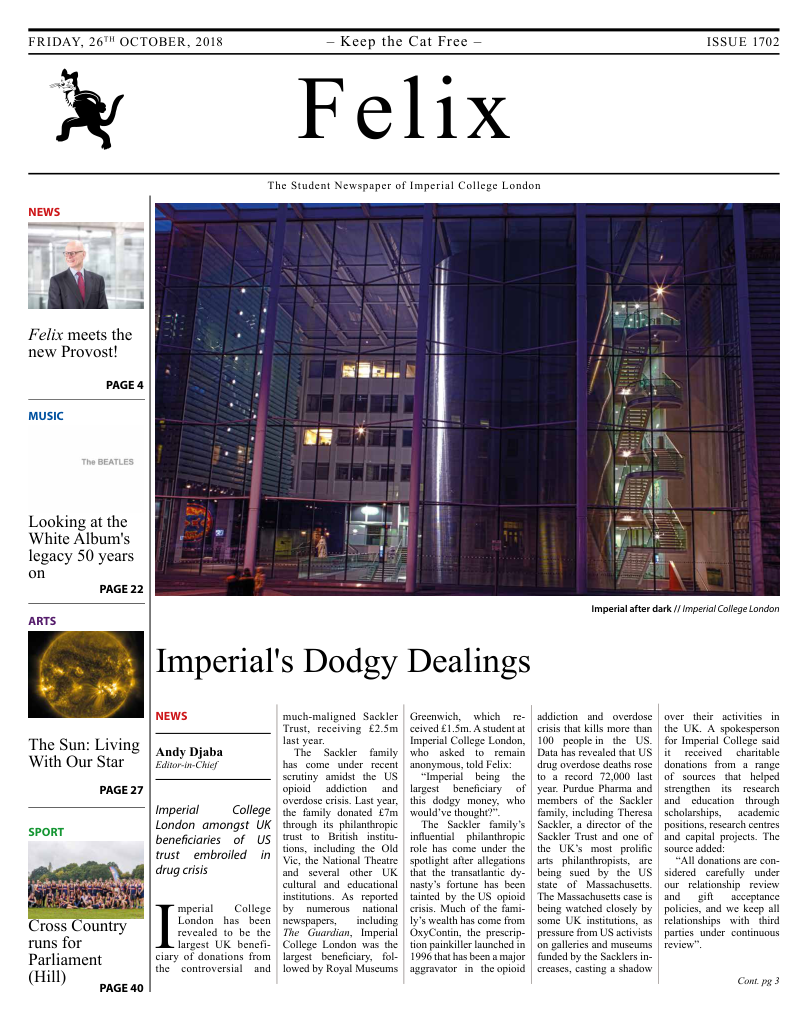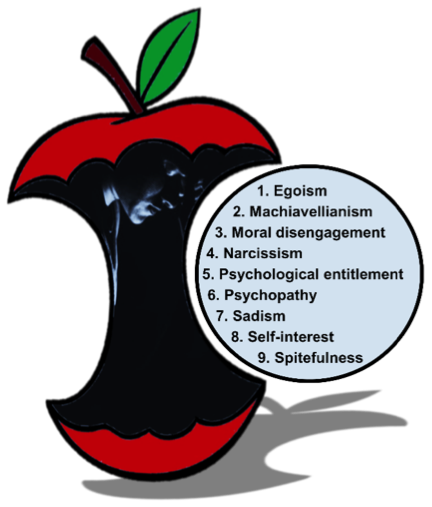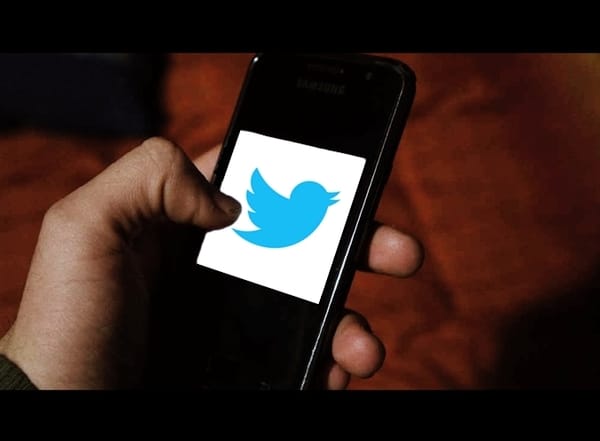Pick and Choose

While all-you-can-eat buffets always sound like a great idea, our bad choices can quickly turn them into much-more-than-you-can-eat sources of stomach aches and guilt. How do we choose between a juicy burger and mouth-watering lasagne? How do we figure out how much of this tempting apple pie is enough?
Neuroscientists from Johns Hopkins University studied how our brains help us make spontaneous food choices at buffets, in restaurants or in front of our own fridge. The research on rats helped them identify a brain region that could be responsible for our food decisions, according to the paper in Nature Communications.
Researchers offered the rats two types of sugary drinks: one sweetened with sucrose and one with maltodextrin. Rodents got much more excited when given the first option: they licked it faster. People react similarly to delicious food, “the dish that’s the favourite will likely be eaten faster and with bigger bites”, says David Ottenheimer, the lead author of the paper.
For a few days the team from Johns Hopkins University gave the rats one of the two sweet drinks. Researchers monitored their brain activity to understand which neurons get activated when rats realised which treat they received. They registered increased activity in the ventral pallidum, one of the pleasure centres of the brain, whenever rodents got excited about sucrose and disappointed about maltodextrin.
In the second part of the study the rats were offered either the previously less-desirable maltodextrin drink or just plain water. This time the activity in the ventral pallidum when animals received the sweetened drink resembled their reaction to sucrose drink in the first part of the study. The researchers concluded that food choices are likely to depend on the context: rats picked the best option available.
Neuroscientists still do not fully understand the purpose of such ventral pallidum’s activity. According to one hypothesis, it is supposed to reinforce our current food choices. Alternatively, it could encourage us to pick one type of food over another in the future.
“Our data suggest that further investigation of ventral pallidum will be critical for understanding how we make decisions about eating,” claims Ottenheimer. “If we want to figure out why a food can be exciting in one scenario and disappointing in another, ventral pallidum could be the key.”
This study could be the first step to new treatments encouraging healthy eating. For now, if you eat a bit too much at the upcoming Halloween party, you can blame your ventral pallidum.








